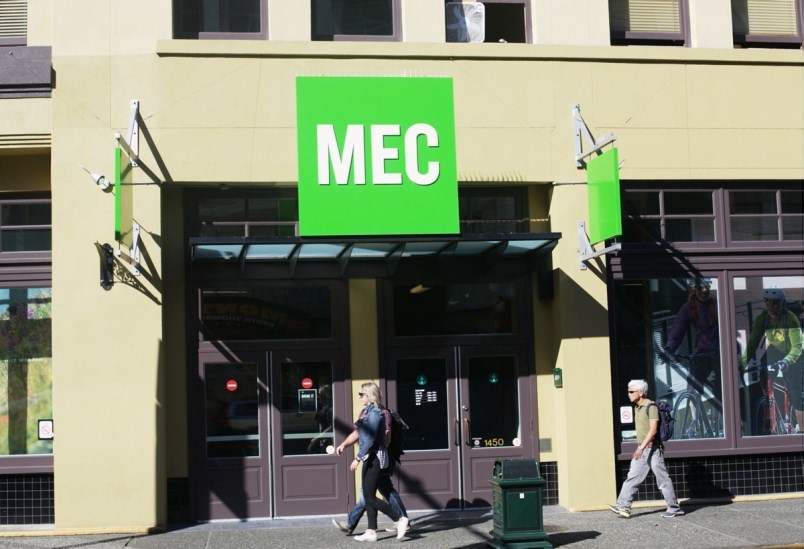Trust in consumer brands is at an all-time low, but organizations can respond by showing they care for the well-being of customers and staff, and making sure their products are available, according to the new Gustavson Brand Trust Index.
The sixth annual trust index, released by UVic’s Gustavson School of Business, was based on surveys carried out pre-pandemic and from a followup study in April to find out how consumer trust has changed since COVID-19 appeared.
“We were thinking that in order for brands to be able to recover, it could be important for them to have established and retained, if not increased, the level of trust they have,” Saul Klein, dean of the business school, said in an interview Monday, explaining why the follow-up was important.
“I think it does come down to understanding what’s driving the trust that consumers have in your particular brand.”
One finding is that consumers’ expectations that brands will act responsibly have increased amid the pandemic, he said. Respondents indicated trust for brands that took care of employees well.
Although data was not collected last week, consumers — especially younger ones — are also looking to what businesses are saying in the current conversation about systemic racism, said Klein, noting some brands got off on the wrong foot to begin with, but then recovered.
Starbucks, for example, initially told employees not to wear clothing showing support for the Black Lives Matter movement. But after receiving an online battering, it changed course and announced it will be producing T-shirts supporting the BLM movement and staff can wear them if they wish.
In the wake of the pandemic, consumers will ask tough questions about what certain brands were doing during that period to help society at large, Klein said.
It’s difficult to gauge if those expectations will continue past the immediate emergency, but they may, he said.
“If you look at millennials, they are very much focusing on the social contribution, or the value basis, for a brand’s behaviour. And they are rewarding different brands.”
On the one hand, millennials have less trust in brands than older consumers and are much more skeptical. “But at the same time, the trust they have is really focusing on brands that do good things or that are seen to be taking a stand on social issues.”
Among millennials, the strongest brand is cosmetics company Lush, which is very outspoken, Klein said. It closed stores for a day in September to support climate-change marches.
Lush is the most trusted brand in Canada among ages 18 to 35, the study said.
Values-based trust means highlighting environmental consciousness, societal well-being, local community support and employee treatment.
Pandemic recovery won’t see a return to business as usual, but rather “doing things differently that will alleviate some of the challenges that have come up,” Klein said.
As with the survey’s results last year, the trust index shows that faith in brands is on the decline.
Brands that were unable to make products available to customers during the pandemic — such as Lysol and Clorox — saw a decline in trust scores, said Klein, showing brands must pay attention to supply chains.
The initial study was conducted between January and February of this year and measured 7,800 Canadian consumers’ opinions about 342 well-known corporate and product brands across 27 categories.
The study showed that Mountain Equipment Co-op, Canadian Automobile Association, Costco, Home Hardware and Home Depot ranked as the top brands overall.
The April follow-up study was conducted to measure opinions from 1,050 Canadians of 105 brands from the original list. The post-COVID study indicated the most trusted brands during the pandemic were Canada Post, Shoppers Drug Mart/Pharmaprix and CTV News.
Three out of four large telecom companies saw significant improvement in trust scores after the pandemic arrived.
Most trusted brands in 2020:
1. Mountain Equipment Co-op
2. Canadian Automobile Association
3. Costco Wholesale
4. Dyson
5. Home Depot
6. Sony
7. Canadian Tire
8. Shoppers Drug Mart/Pharmaprix
9. Five-way tie: Home Hardware, Lego, Bose, Band-Aid, Kleenex
Read more from the



